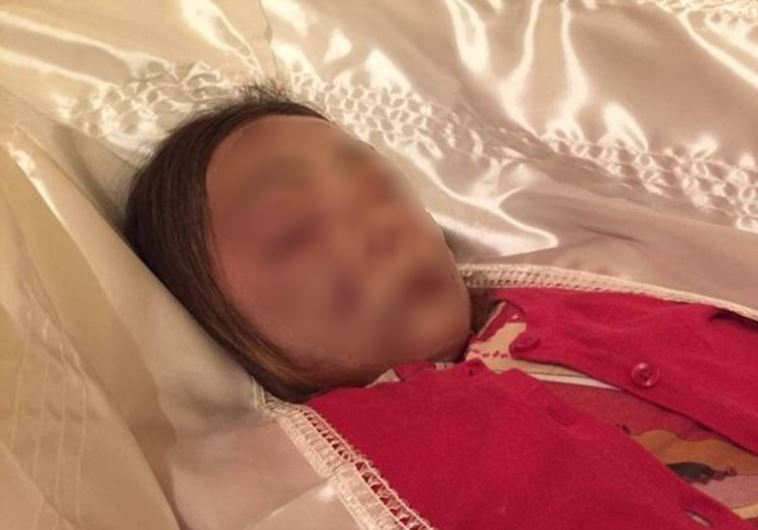British press publishes postmortem photo of Scottish woman who died in Eilat
“We wanted to keep the photos out as long as we could but we felt like we had no option [but] to print them today”, Pearson's aunt said.
 A postmortem photograph of British citizen Julie PearsonUpdated:
A postmortem photograph of British citizen Julie PearsonUpdated: